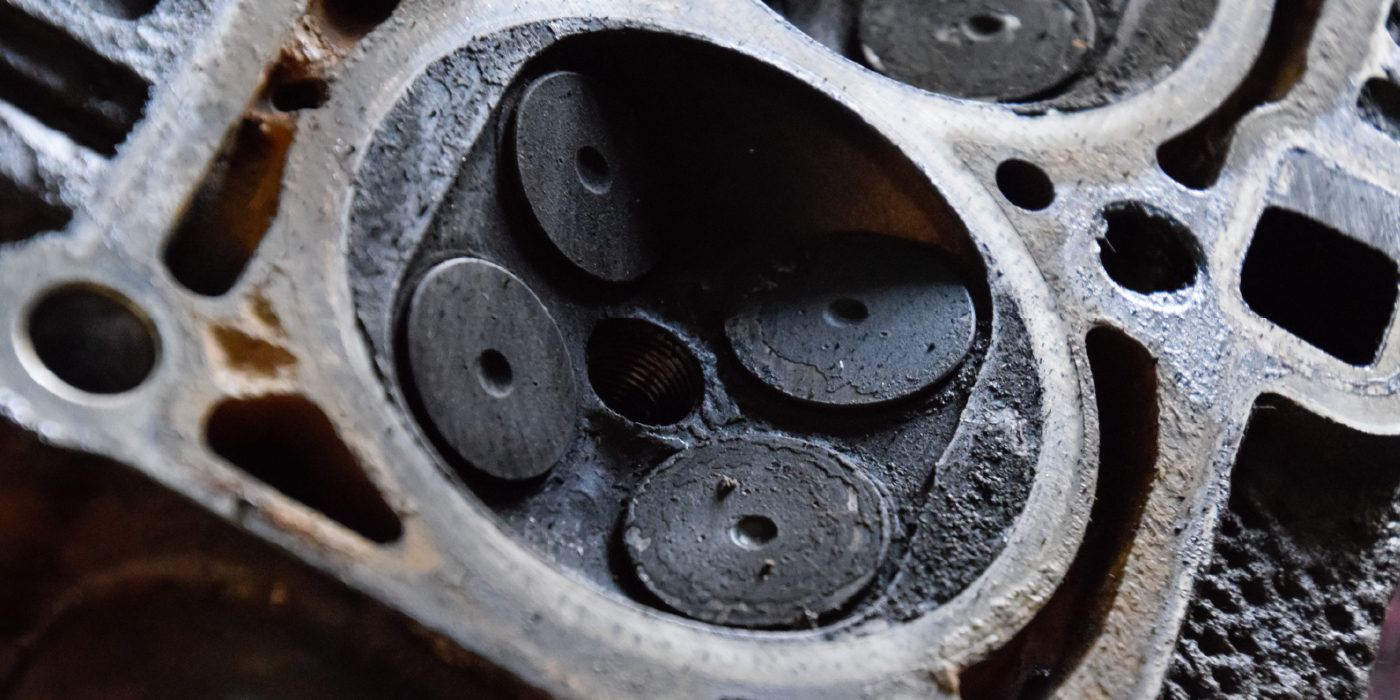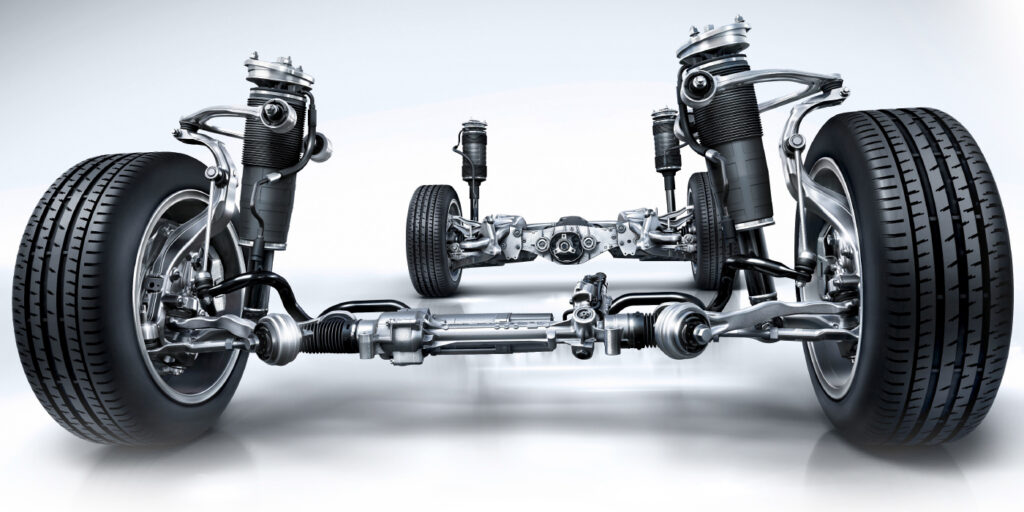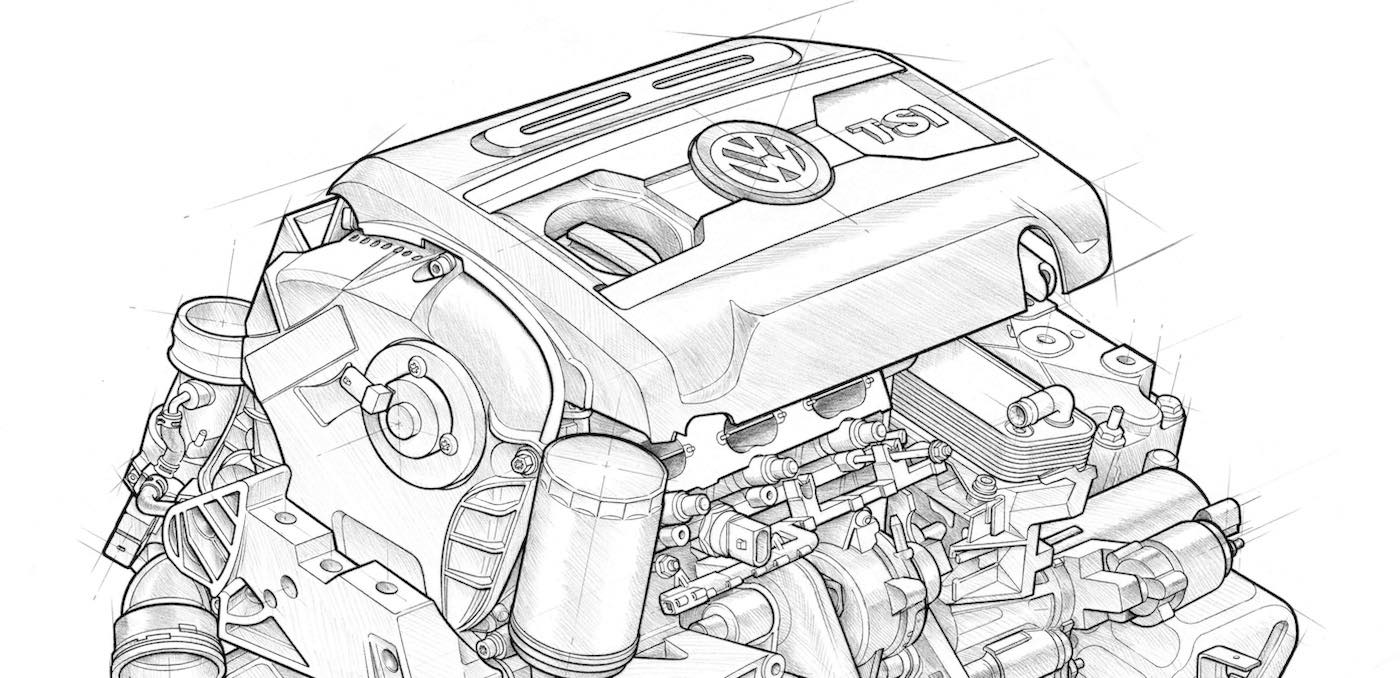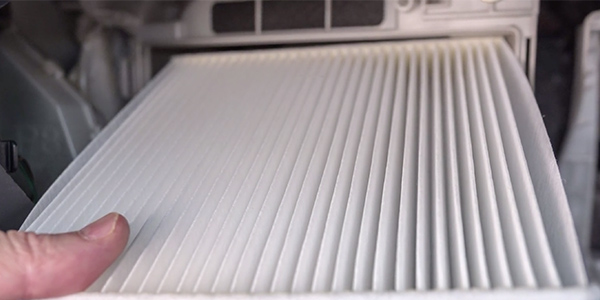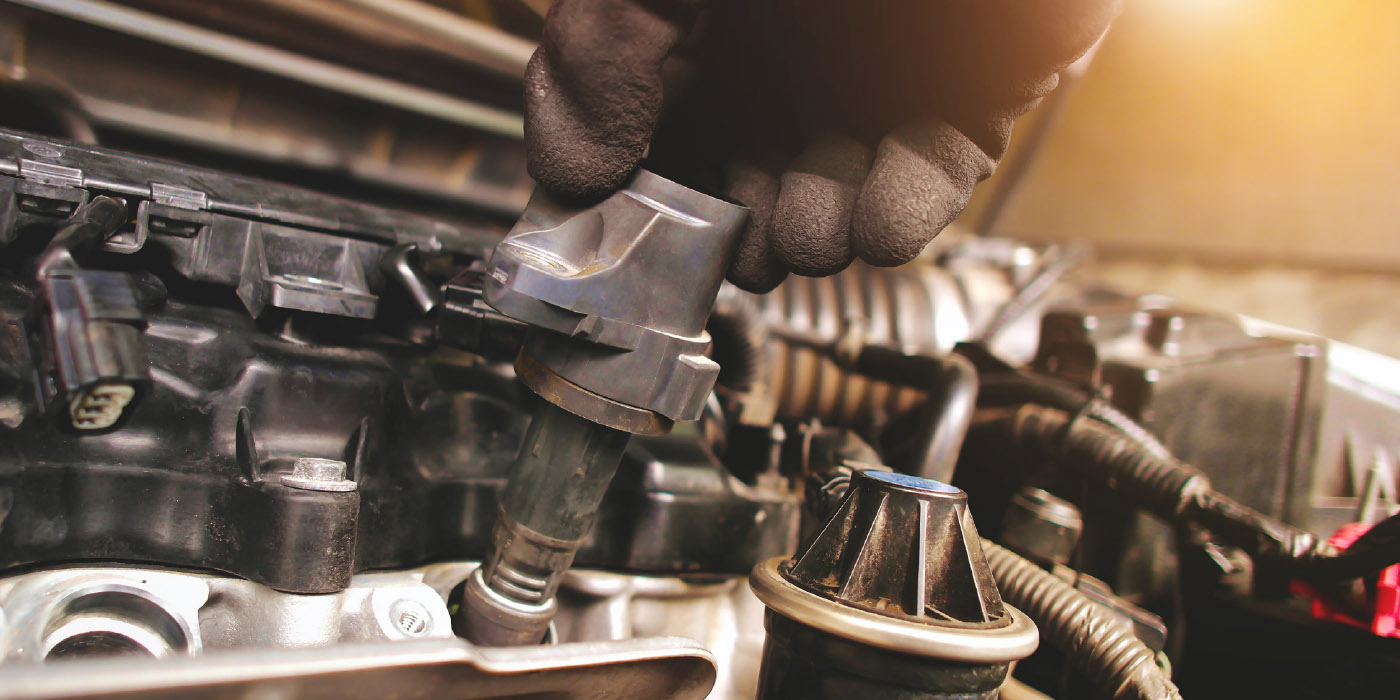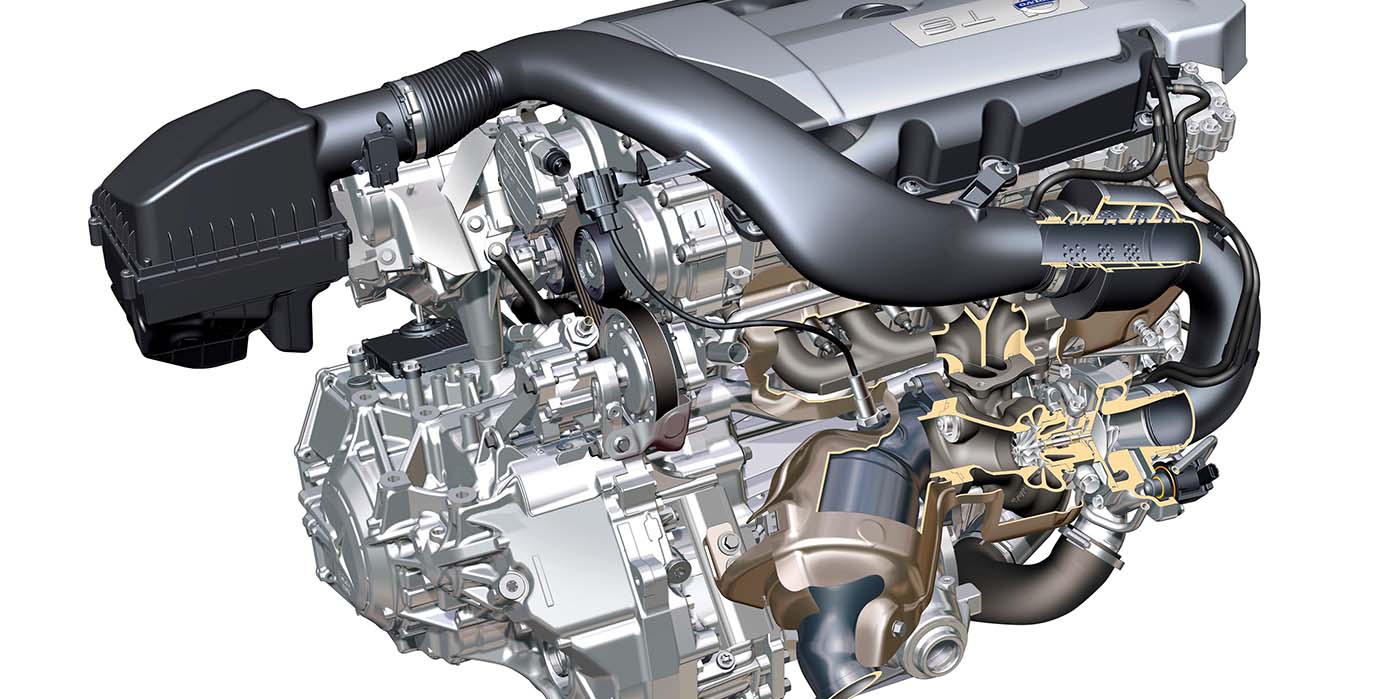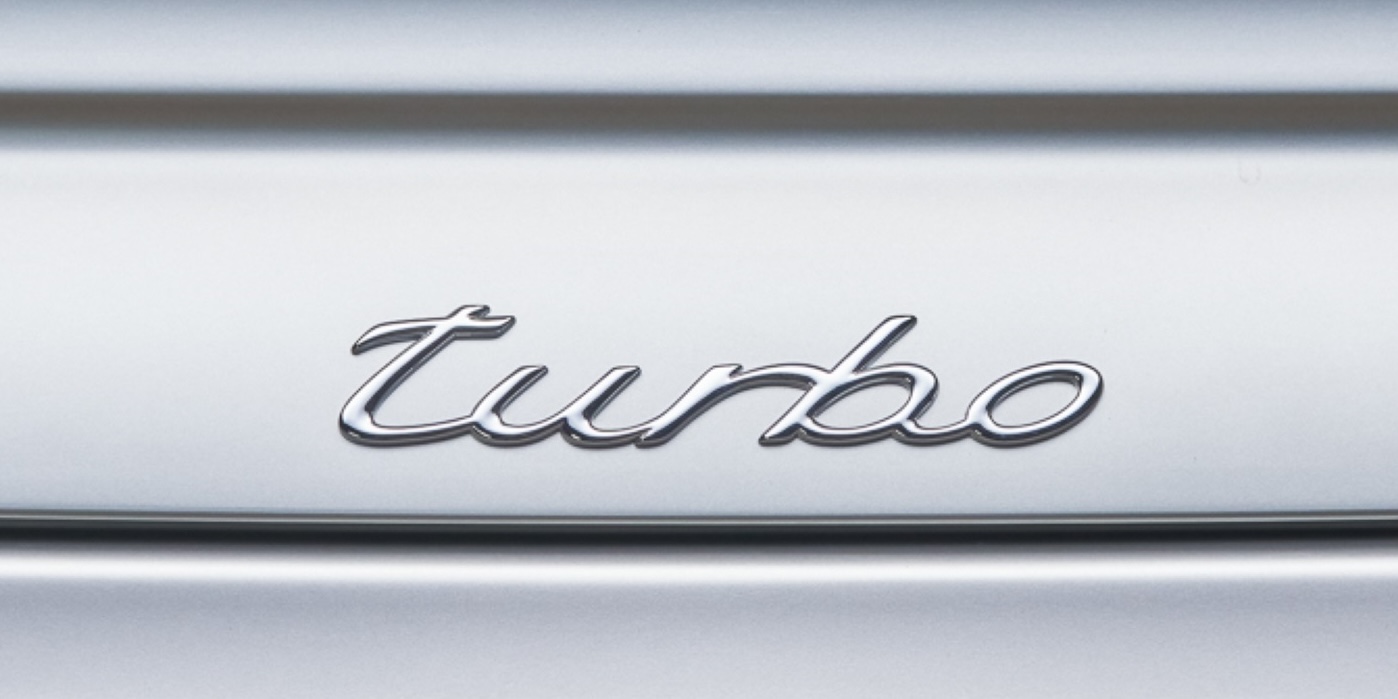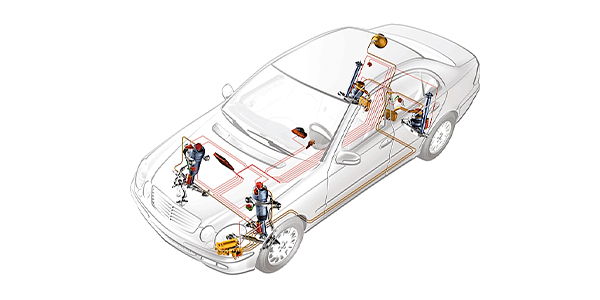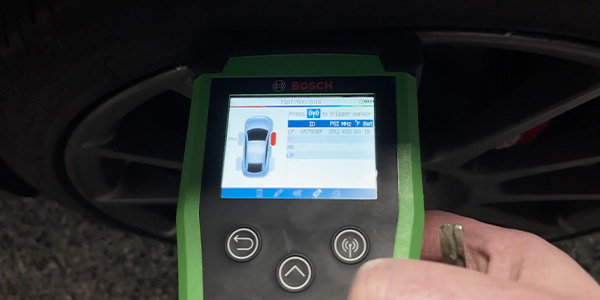Volkswagen tire pressure monitoring systems (TPMS) can be some of the easiest to reset and relearn. But, VW TPMS relearns can also be some of the most time-consuming if you don’t follow the procedures or don’t realize why specific steps are essential.
Tip #1: Use A TPMS Tool
Use a TPMS tool that can interface with the vehicle using the OBDII connection. Yes, it is possible to relearn sensor positions using button pushes in the driver information center and to navigate menus. But, most dedicated TPMS tools can do it faster with fewer errors. Also, for most models, you will need a TPMS tool to program new sensors to the vehicle.
Tip #2: Set The Correct Tire Pressures
Before any relearn or reset procedure is performed on a direct or indirect system using either a tool or vehicle menus, set the tires to the correct pressure. When the system is reset, VWs use this pressure as the reference pressure. If it is not accurate, the system might assume an incorrect pressure is the correct pressure.
Tip #3: Check The Second Set For Snow Tires
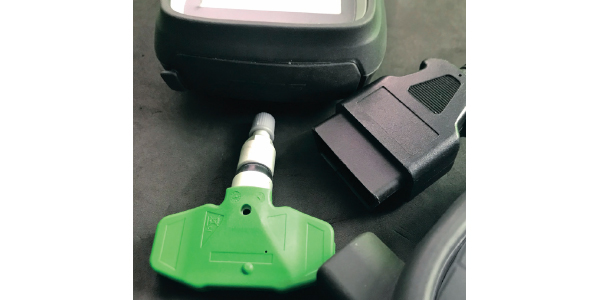
Some VW models allow for a second set of IDs to be stored in the system for snow tires. Typically, these can be found on higher-end models like the Passat, Tiguan and R32/Golf R.
Tip #4: Understand Sensor Operations
The most important operational aspect to remember is how and when the VW TPMS sensors transmit. All TPMS sensors have a tiny accelerometer to sense when the wheels are moving. The movement has to reach a specific threshold of g-force or speed, for the sensor to start transmitting. The speed for most VWs is 16mph. This is why a quick test drive is critical. Some VWs need to be driven at 16mph to relearn the sensor IDs. It’s really a good practice no matter the make.
When the wheel stops moving, it takes a specific amount of time for the sensor to stop transmitting. Depending on the make and model, it could be five to 20 minutes. For some VWs, it might take 20 minutes of just being stationary. iC





